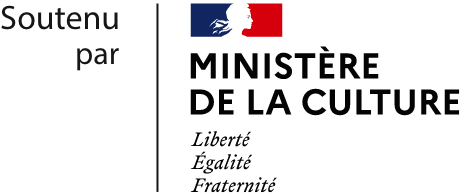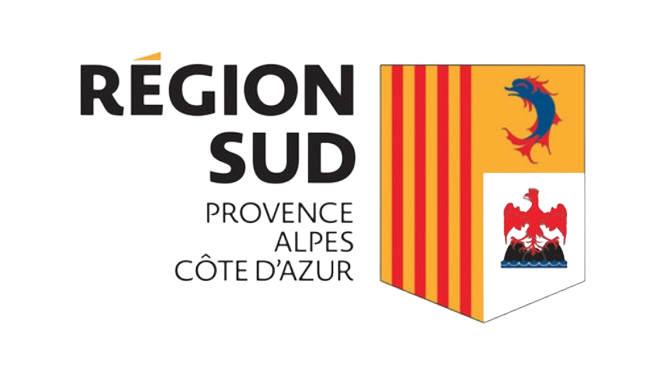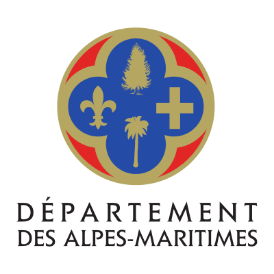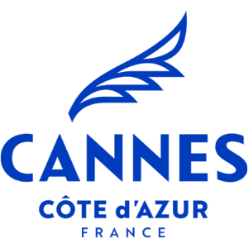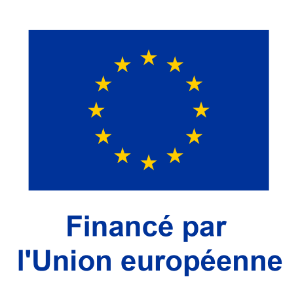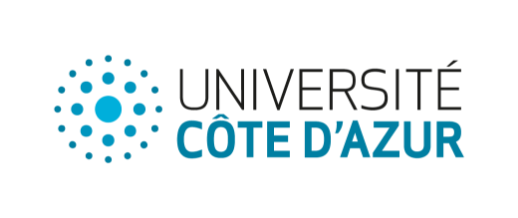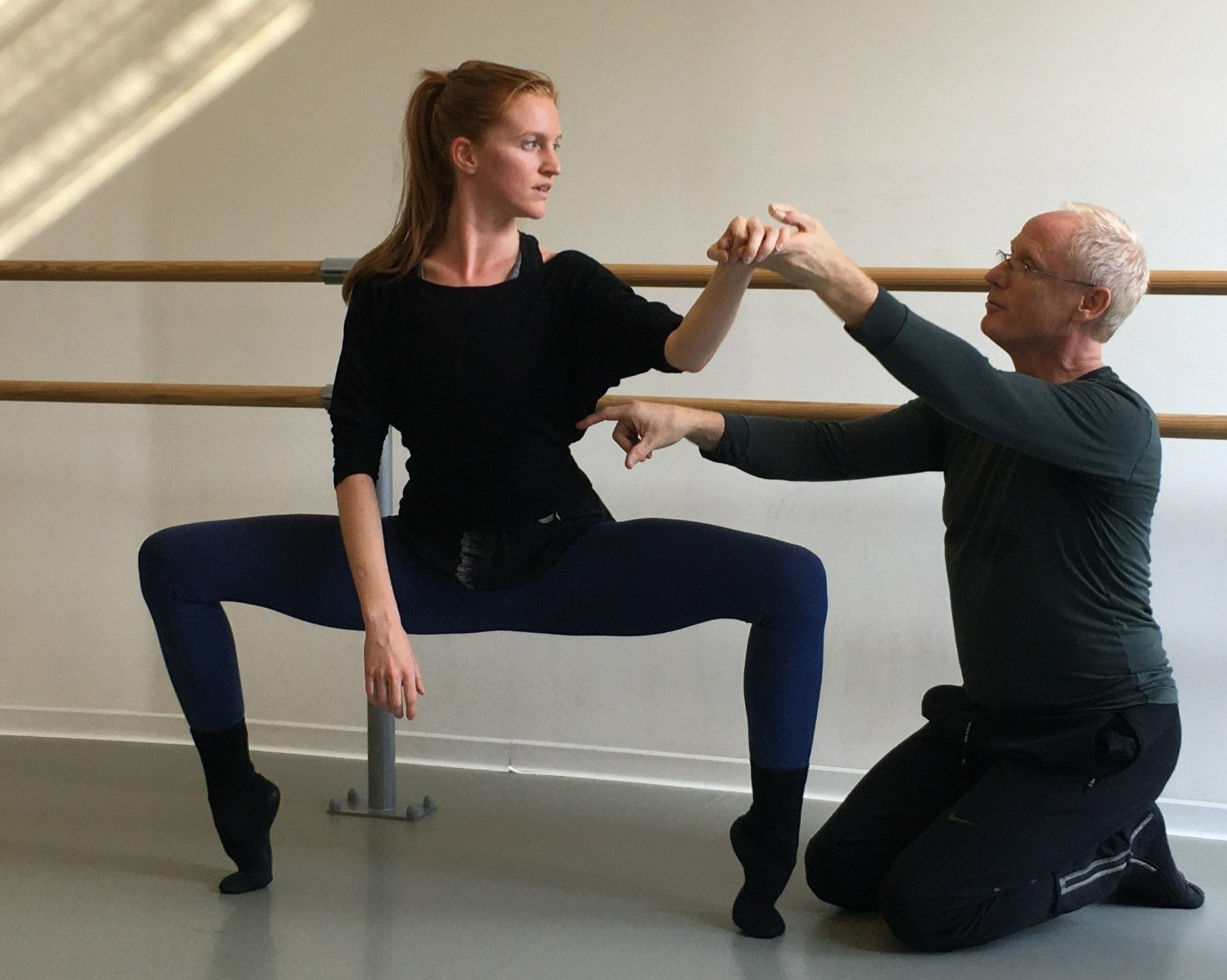
DANCE AND HEALTH
Training in Dance and Health with a focus on « Prevention, Performance Enhancement and Recovery. »
This training is aimed at dance teachers, professional dancers, healthcare practitioners, and students in the fields of dance, health, and adapted physical activity. It focuses on developing specific skills for supporting dancers' health throughout their careers.
TRAINING TIMES:
9:00 AM - 5:00 PM with a midday break.
REGISTRATION DEADLINE: -
Dates:
Saturday, July 4, 2026: 8:30 AM – 5:15 PM
Sunday, July 5, 2026: 9:00 AM – 5:15 PM
Monday, July 6: 9:00 AM – 5:00 PM
1.5-hour lunch break
Total training time: 20 hours and 30 minutes
The afternoon of Monday, July 6, from 2:00 PM to 5:00 PM is open to participants from previous editions for advanced training.
PLACEs OF TRAINING: PNSD Rosella Hightower, campus de Mougins et Campus Méliès, Cannes la Bocca
Target audience and prerequisites:
- Artists : State-certified dance teachers, professional dancers, circus professionals, somatic techniques teachers (Pilates, Yoga, PBT, Feldenkrais, Gyrotonic), AFCMD teachers, D.E. dance teacher students, etc.
- Practitioners: health professionals, care professionals, health and care students, adapted physical activity professionals, STAPS students, etc.
Some of the training modules are common to both groups of trainees, while others offer a specific approach.
General training objectives :
- To develop dance teachers' skills in observing pupils and adapting and individualising their teaching.
- To give dance teachers the first keys to taking charge of dancers' health in their teaching, from childhood to adulthood
- Provide professional dancers with the tools to take independent responsibility for health issues
- To develop the health practitioner's tools for effective care of dancers, from students to professional dancers
Educational objectives :
- Improve dancer performance through a clear understanding of the concepts of dancer health, appropriate physical preparation and the role of recovery in progress.
- Integrate the benefits of appropriate physical preparation or dance-related practices (Pilates, physical preparation) to improve performance
- Understand how better health management can improve dancer performance and become aware of the role of the dance teacher/ballet master within a professional network (medical, paramedical, administrative, etc.).
Teaching methods :
- Observation of a ballet class
- Workshops, lectures, exchanges of experience
Programme :
Saturday, July 4, 2026 – Day 1: Observation and Analysis in Dance, Strategies for Dancer Support
Objective: Develop biomechanical observation skills of students in a dance context or professional dancers, along with situational analysis, and understand the specific aspects of treatment and support strategies for dancers.
• 08:00 – 08:30: Participant Welcome
• 08:30 – 09:00: Introduction
• 09:00 – 10:30: Observation and Analysis Tools
Observation and analysis of an advanced-level dance class with a focus on anatomical coaching, aimed at identifying and anticipating the dancers’ specific needs. - Trainers: Chloé Saumade, Peter Lewton-Brain
• 10:30 – 10:45: Break
• 10:45 – 12:30: Lecture & Discussion: Health and Performance
Presentation of the role of the dance teacher in supporting dancers’ health. - Trainers: Chloé Saumade, Peter Lewton-Brain
• 12:30 – 14:00: Lunch
• 14:00 – 16:00: Workshop – Specific Care for Dancers
Exploration of precautions and adaptations required for optimal health support for dancers. - Trainers: Chloé Saumade, Diane Nadol-Laget
• 16:00 – 16:15: Break
• 16:15 – 17:00: Summary and Group Discussion on the Day
Sunday, July 5, 2026 – Day 2: Prevention and Pedagogy for Sustainable Dance
Objective: Raise awareness of best practices in dance injury prevention and integrate health considerations into dance teaching.
• 08:30 – 09:00: Participant Arrival
• 09:00 – 10:30: Principles of Prevention and Recovery
Introduction to injury prevention methods and recovery techniques tailored to dancers. - Trainers: Chloé Saumade, Diane Nadol-Laget
• 10:30 – 10:45: Break
• 10:45 – 12:30: Workshop – "Exercises Combining Health Prevention and Pedagogical Goals" - Trainer: Marie-Laure Vermersch Fauduet
• 12:30 – 14:00: Lunch
• 14:00 – 16:00: Lecture & Discussion – Cognitive Biases in Care and Teaching
Analysis of cognitive biases that influence both healthcare practices and teaching methods. - Trainer: Idir Chatar
• 16:00 – 16:15: Break
• 16:15 – 17:00: Group Discussion and Day Summary
Monday, July 6, 2026 – Day 3: Injury Management and Supporting Dancers in Pain
Objective: Deepen strategies for pain management and emergency response to ensure safe and appropriate care.
• 08:30 – 09:00: Participant Arrival
• 09:00 – 10:30: Workshop – “How to Respond to Injuries in the Studio and Provide Backstage Care” - Trainer: Chloé Saumade
• 10:30 – 10:45: Break
• 10:45 – 12:30: Workshop – “Dancer’s Pain: How to Approach It?”
Discussion on respectful approaches to help dancers cope with pain. - Trainer: Idir Chatar
• 12:30 – 14:00: Lunch
• 14:00 – 16:00: Case Studies and Role-Playing Exercises - Trainers: Chloé Saumade, Peter Lewton-Brain
• 16:00 – 17:00: Training Wrap-Up
Review of skills developed, discussion of practical applications, evaluation of acquired competencies, and closing exchange with the trainers.
Trainers
Peter Lewton-Brain, former professional dancer, osteopath, PhD City University London, Past President of the International Association of Dance Medicine & Science, Head of the Health and Performance team of the Ballets de Monte-Carlo, of the Association Danse Médecine Recherche (ADMRdance).
Chloé Saumade, dancer, osteopath, coordinator of the Health Centre Association at PNSD Rosella Hightower, and board member of the Dance Medicine research Association (AMDRdance).
Idir Chatar, professional dancer, former student of the school and doctoral student on placement at the PNSD "Neuropsychiatric determinants of the risk of injury in dancers: from theory to practice".
Diane Nadol-Laget, a qualified physiotherapist, specialized in manual therapy, fascia therapy, and Pilates. Trained in dancer pathologies, she has been working with dancers for 5 years as part of the Health Department of the PNSD Rosella Hightower and also runs a dance workshop for seniors.
Marie-Laure Vermersch Fauduet, dancer and educator, holder of the Certificate of Aptitude in Contemporary Dance, teaches at the CRR of Nice and as a guest professor at other institutions. Certified in Functional Analysis of the Body in Dance Movement, she teaches anatomy in motion courses at the Nice Conservatory and also works at the University of Nice Côte d'Azur, teaching movement analysis in the Bachelor’s program in Performing Arts.
Technical and teaching resources
Each PNSD training space is adapted to technical and teaching needs: dance studios, classrooms, changing rooms and toilets. The PNSD guarantees access to the teaching materials needed for each training session: skeletons, balls, mats, elastics, yoga bricks, audio and video equipment, flipchart paper. This course is only offered face-to-face. Dance resources are also available to trainees via a shared online folder.
Evaluation
The acquisition of the skills targeted by the training is assessed by the trainers in the form of practical exercises and/or simulations. A formal training certificate is sent to each participant after the course. As part of our ongoing efforts to improve the range of courses we offer, each trainee fills in a positioning questionnaire prior to the course, followed by a satisfaction questionnaire which also asks about future training needs.
Further studies
Complete your training : Diplôme Universitaire Danse Santé et Vieillissement.
The PNSD Rosella Hightower is open to all specific requests in the event of a disability, in order to make it easier for you to take part in our training courses. Contact the Disability Officer.
Rates
3 days: €599
1 day: €270
Compulsory annual membership fee: €35
EARLY BIRD RATES
| Option | Discount | Rate | Validity Period |
|---|---|---|---|
| Early Bird 1 | -20% | €479 | July → October 2025 |
| Early Bird 2 | -10% | €539 | November 2025 → February 2026 |
| Full Price | — | €599 | March 2026 → July 2026 |
The cost of the course may be covered as part of continuing professional training.
This program aims to promote a holistic approach to health within the context of dance by integrating prevention, injury management, and physical preparation.
MORE INFO - CONTACT: nathalie.bauchez@pnsd.fr / 04 93 94 79 80.
What trainees have to say
Trainee satisfaction rate for the 2025 session
- Course content: 94.07%
- Training reception: 95.30%
- Overall satisfaction: 74.36%
Objective achievement rate for beneficiaries: 83.33%
Questionnaire participation rate: 100%
Trainee satisfaction rate for the 2024 session
- Course content: 95.45%
- Training reception: 93.18%
- Overall satisfaction: 87.34%
Rate of achievement of objectives for beneficiaries : 89.93%
Rate of questionnaire participants: 84.62%
Trainee satisfaction rate for the 2023 session
- Course content: 95.33%
- Training reception: 93.33%
- Overall satisfaction: 86.66%
Rate of achievement of objectives for beneficiaries : 87.5%
Rate of questionnaire participants: 45.5%
Trainee satisfaction rate for the 2022 session
- Course content: 100%
- Welcome to the course: 100%
- Overall satisfaction: 100%
Rate of achievement of objectives for beneficiaries : 100%
Rate of questionnaire participants: 70%
Trainee satisfaction rate for the 2020 session
- Course content: 98.61%
- Welcome to the course: 100%
- Overall satisfaction: 95%
Rate of achievement of objectives for beneficiaries : 93%
Rate of questionnaire participants: 100%
What was most appreciated
"The experience, the knowledge, the themes and the good complementarity between teachers and osteopaths.
"The focus on teaching".
"The quality of the speakers".
"The development of new skills...".
